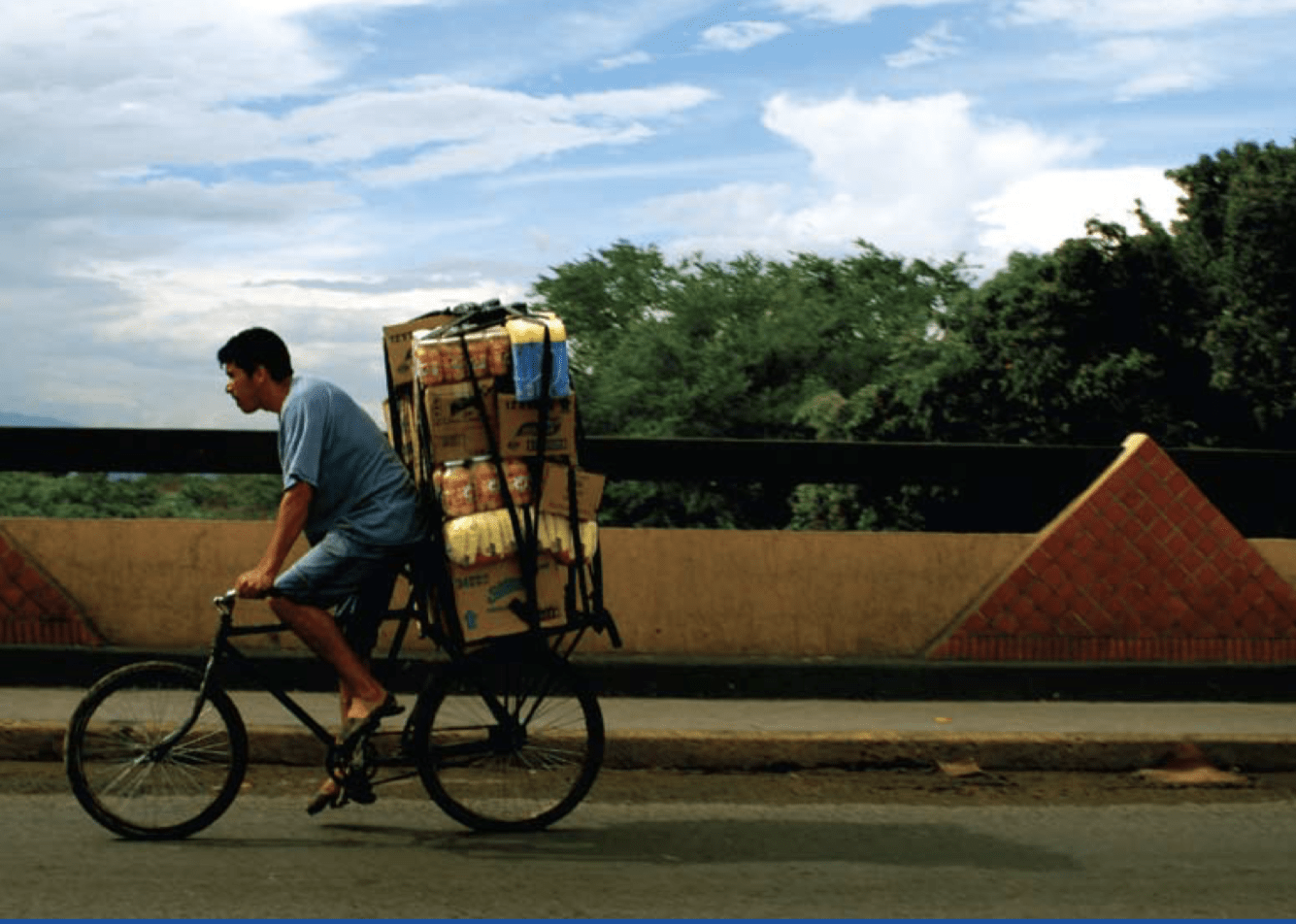
Venezuela
Fall 2008 | Volume VIII, Number 1
Table of Contents
Editor’s Letter →
by June Carolyn Erlick
Democracy and 21st Century Socialism

Elections and Political Power: Challenges for the Opposition
English + Español
Next month’s elections will be an important benchmark in Venezuelan politics. On November 23, voters will go to the polls to elect 22 state governors and 355 mayors in as many municipalities, as well as choose the mayor of Caracas. The elections are taking place in a political environment influenced by the abrupt proclamation of 26 laws on July 31, the last day of President Chávez’s 18-month powers to issue emergency decrees …

The Politics of Identity: Bolívar and Beyond
English + Español
Easter Sunday, the last day of Holy Week, fills Venezuela’s Catholic churches with religious fervor, and the beaches and recreation spots with exuberant Dionysian paganism. On the Day of Resurrection Venezuela, like the rest of Latin America, celebrates the holiday as a day of rejoicing in which the central act is the “burning” of the effigy of Judas. Residents of poor working-class communities, the “barrios,” create life-size grotesque …
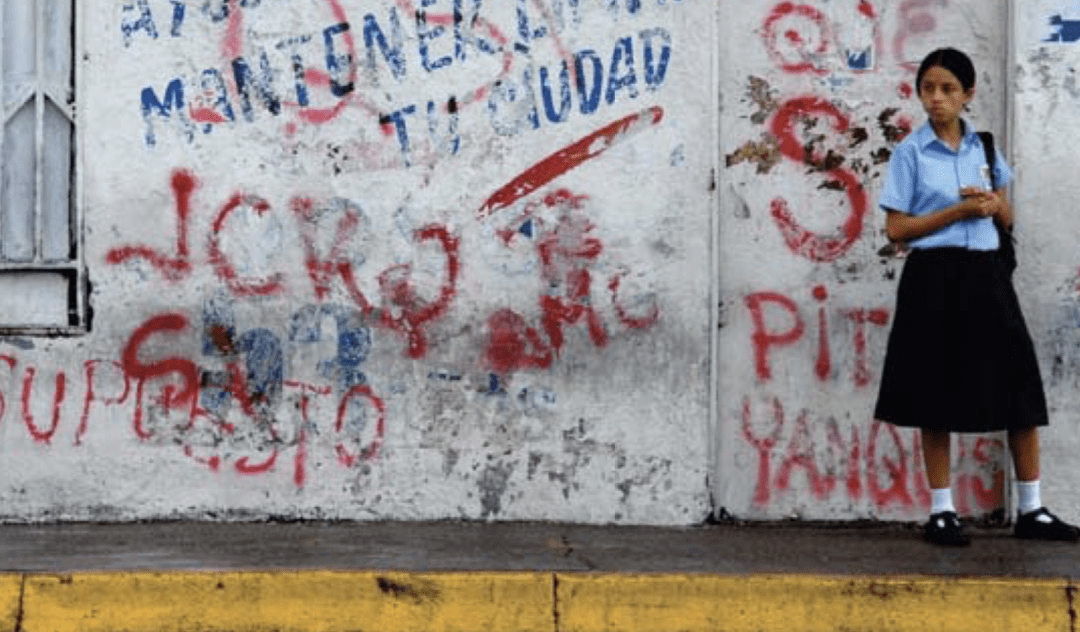
After the Referendum: Reading the Defeat
English + Español
On December 2, 2007, Venezuela voters rejected President Hugo Chávez’s proposed constitutional reform. That reform, broadened by the National Assembly to encompass a total of 69 articles, would have led Venezuelan society at an accelerated pace towards “socialism of the 21st century.” With 94% of the results reported, the National Electoral Council’s second bulletin announced that slightly more than half …
Oil and Revolution
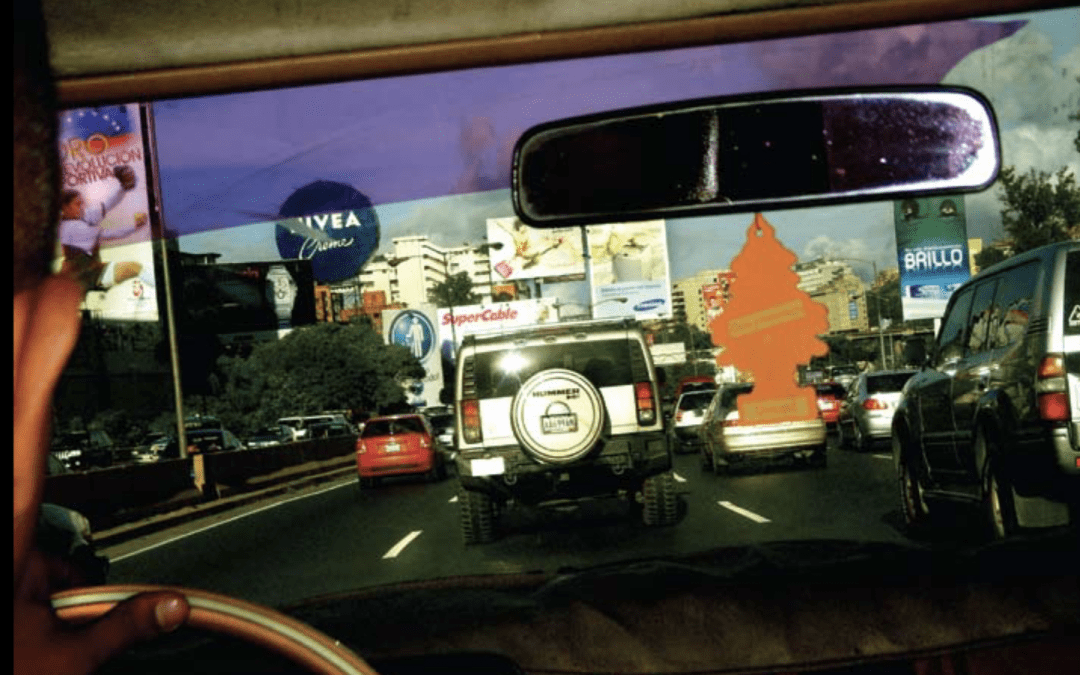
Oil and Revolution: Viewpoints Edited
The oil policy preva- lent in Venezuela during the 1990s, better known as the “aperture” (i.e. aperture-open- ing), called for maximizing the country’s production capacity in-country by attracting foreign oil companies to participate in the development of Venezuela’s oil infrastructure and, ultimately, to maximize production. unfortunately, the involvement of foreign oil companies came at a steep cost since the “incentives” offered led to a collapse in the country’s fiscal income which, in turn,
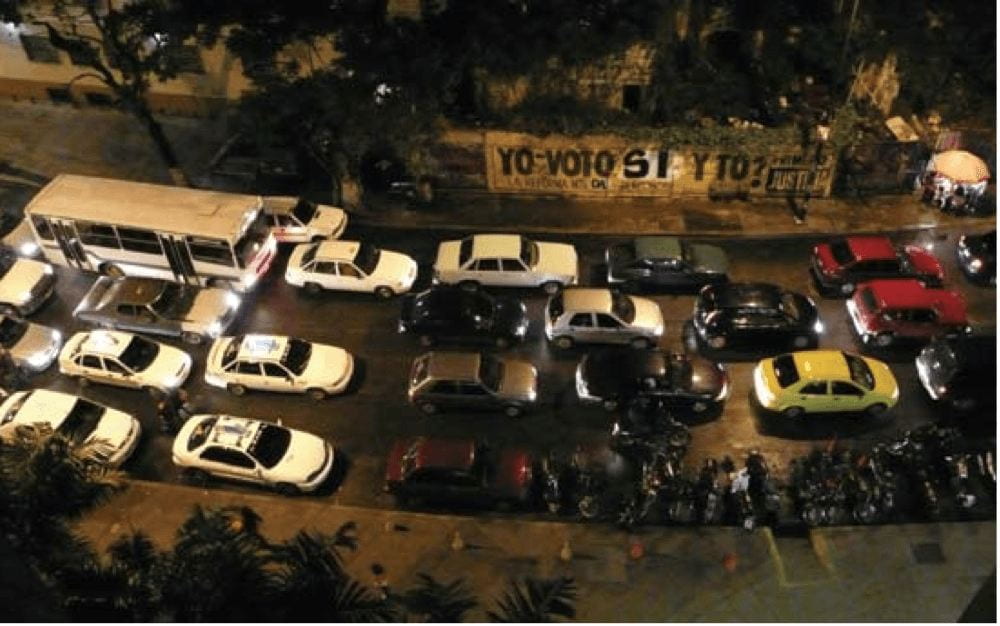
It’s the Oil, Stupid!!! An Overview
This apparent truism of “It’s the oil, stupid!” makes sense without being really true. Certainly, as the embodiment of immense wealth and energy, oil appears to be a force capable of defining the destiny of modern nations. Yet this appearance is deceptive. Oil does condition but does not determine the social life of these nations. To understand this, it is enough to observe that oil has radically different effects in different oil producing …
Social Policy
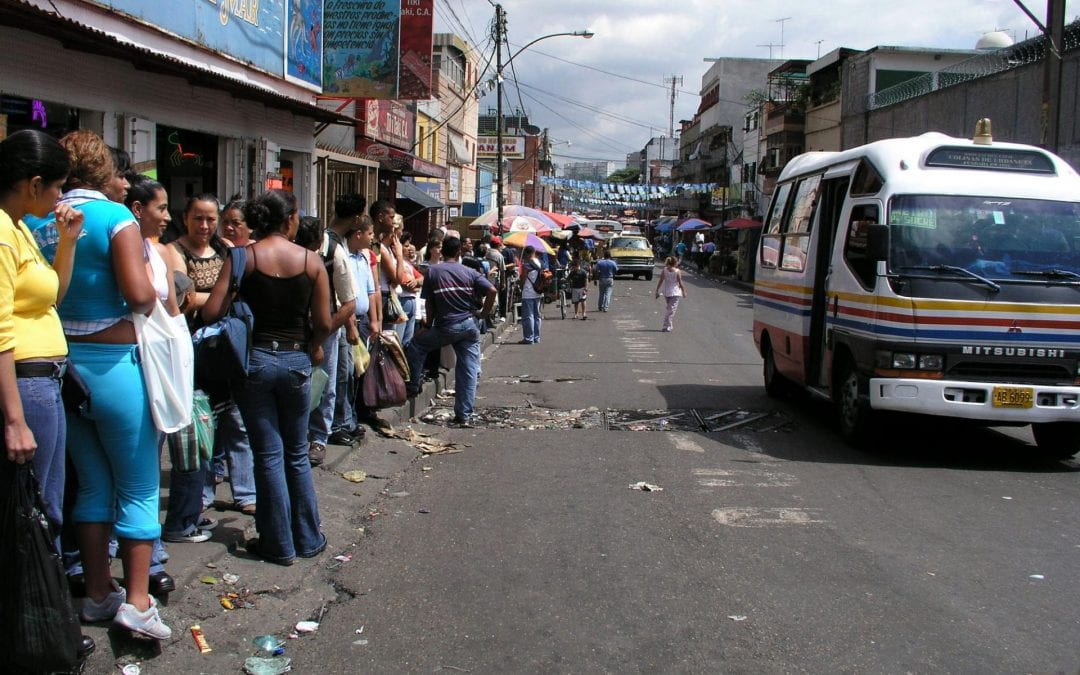
The Social Policy of the Bolivarian Revolution: Mission Tricks
English + Español
When presidential candidate Hugo Chávez won the elections in December 1998, a wave of optimism and hope swept through Venezuela, especially among its poor majority. Chávez’s triumph represented a fundamental change in the political life of one of the oldest democracies in Latin America. Chávez promised change and solutions for the country’s pressing problems, especially those related to poverty and inequality, …
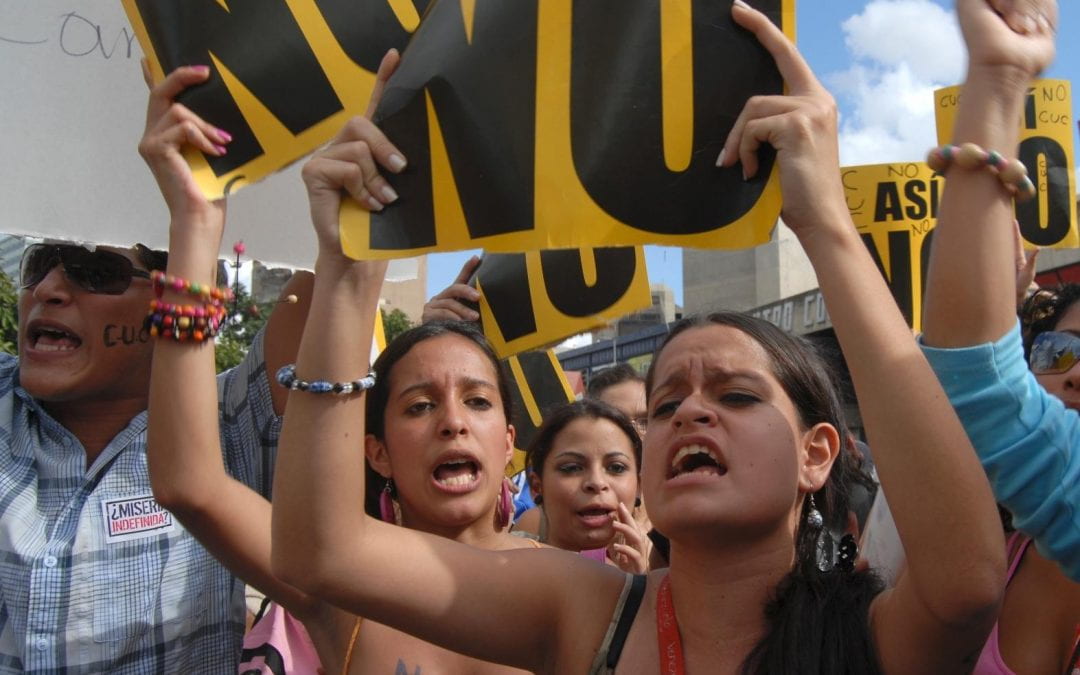
Euro Cup and Revolution
We’ve heard it all before. A white privileged minority exploits a non-white population until a charismatic leftist leader from the oppressed majority—thriving on class and racial tensions—leads a revolution to force the elite to pay for its sins. Given Venezuela’s oil wealth, the country’s high inequality is one more expression of the elite’s selfishness. This Robin Hood story, ubiquitous in much of the international press and forcefully …
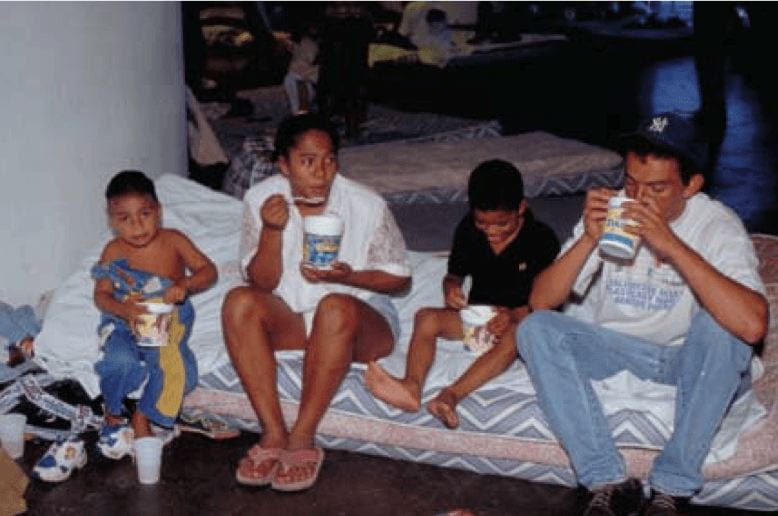
Between Militarization and Compassion: Disaster Victims’ Assistance Policies After the Tragedy
English + Español
The front page of the Venezuelan newspaper El Nacional on December 6, 2000, showed the picture of a woman standing in front of an open, empty refrigerator, her back turned to the readers. The caption explained that the refrigerator belonged to displaced victims or “damnificados” of the December 1999 natural catastrophe known as “the Tragedy.” Massive floods and landslides had wracked the Venezuelan coast and the …
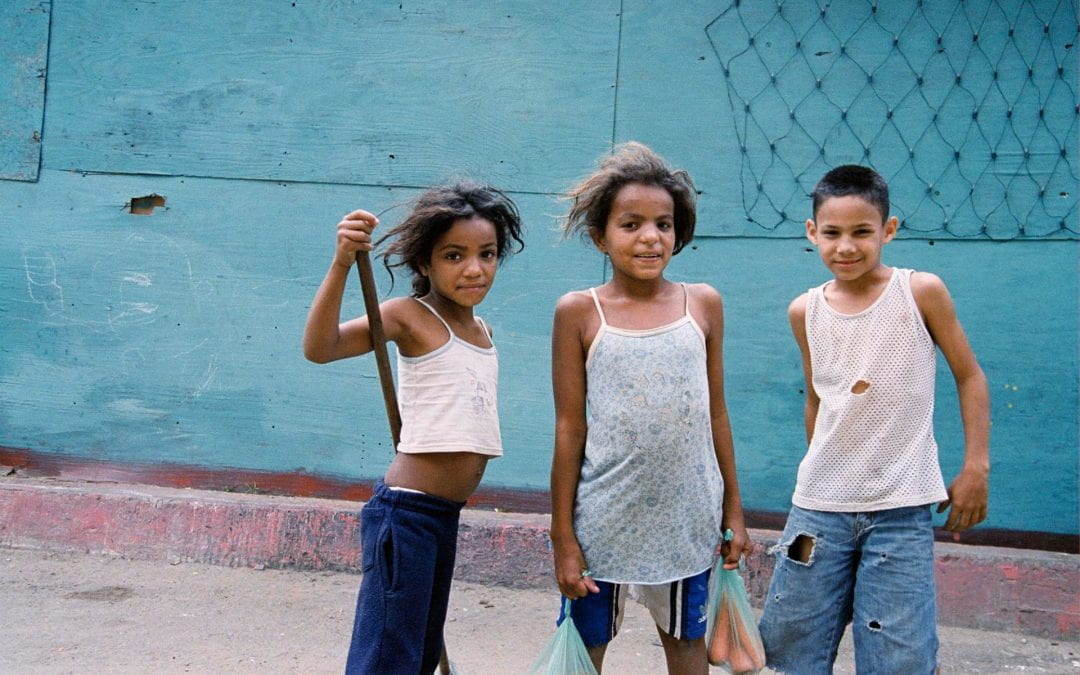
Social Policy in Chávez’s Venezuela: A Radical Alternative or More of the Same?
The barrio Carretera Negra on the western edge of Caracas consists of a row of houses along a stretch of highway road, as indicated by its name, “Black Highway,” and along three smaller lanes, Oriente, 24 de Julio and Justicia. It is a Wednesday morning in the Carretera, and police officer Osvaldo Mendoza is unloading foodstuffs from the back of a government truck for the local soup kitchen, located in the front room of his house. …
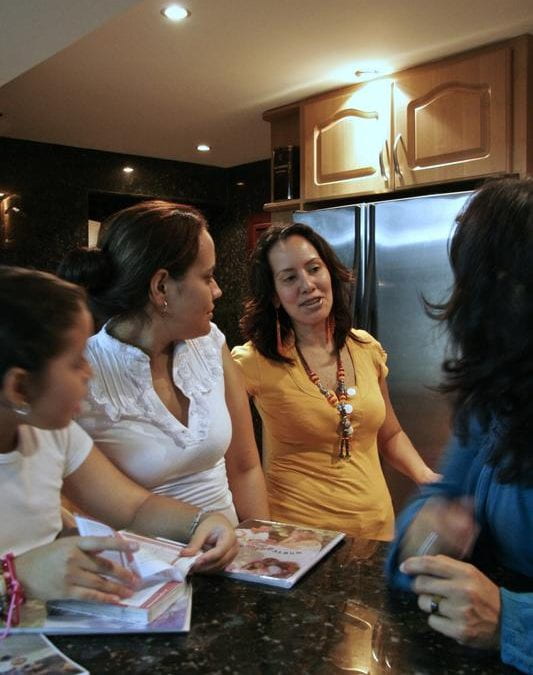
Poverty Reduction in Venezuela: A Reality-Based View
Venezuela has seen a remarkable reduction in poverty since the first quarter of 2003. In the ensuing four years, from 2003 to 2007, the poverty rate was cut in half, from 54 percent of households to 27.5 percent. (See Table 1). This is measured from the first half of 2003 to the first half of 2007. As can be seen in the table, the poverty rate rose very slightly by one percentage point in the second half of 2007, most likely due to rising …
International Relations
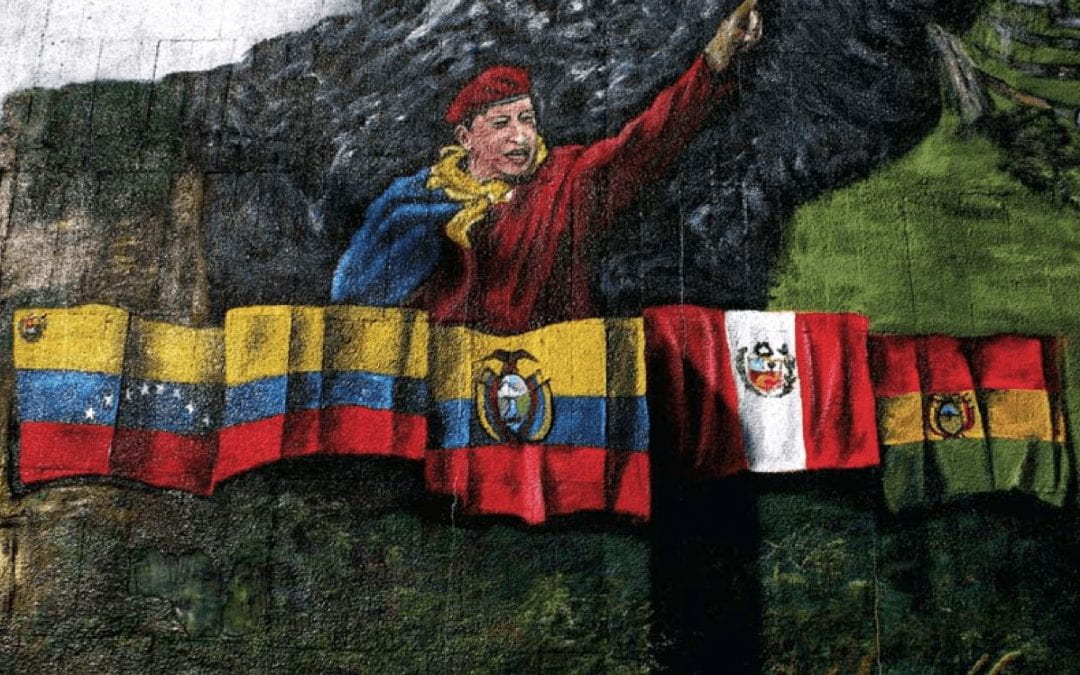
Venezuela’s International Role: Provider or Gadfly? Looking at Foreign Policy in Context
On September 20, 2006, a bulky, round-headed man climbed the steps to the speakers’ rostrum of the United Nations General Assembly hall in New York. For a few seconds he glared grimly at the audience and sniffed the air before speaking. “It still smells of sulphur here”, said Hugo Chávez, president of Venezuela, crossing himself. “That’s because the devil stood here yesterday.” He explained that the devil was one George W. Bush, …
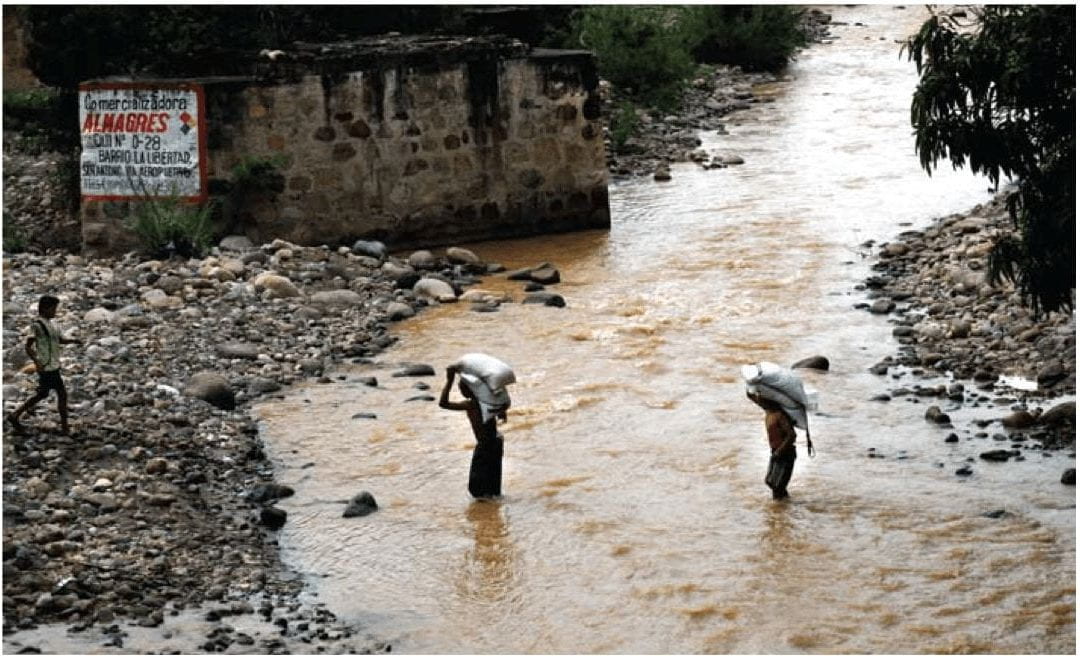
Misunderstanding Hugo? Reading Chávez from Álvaro Uribe’s Colombia
On January 10, 2007, heads of state from all over the world attended the inauguration of Daniel Ortega as president of Nicaragua. As usual, photographs of the event found their way into the international pages of the world’s press. A particularly striking photo shows Hugo Chávez whispering conspiratorially with fellow presidents Evo Morales of Bolivia and Rafael Correa of Ecuador. Chávez, resplendent in red shirt and black slacks, is …
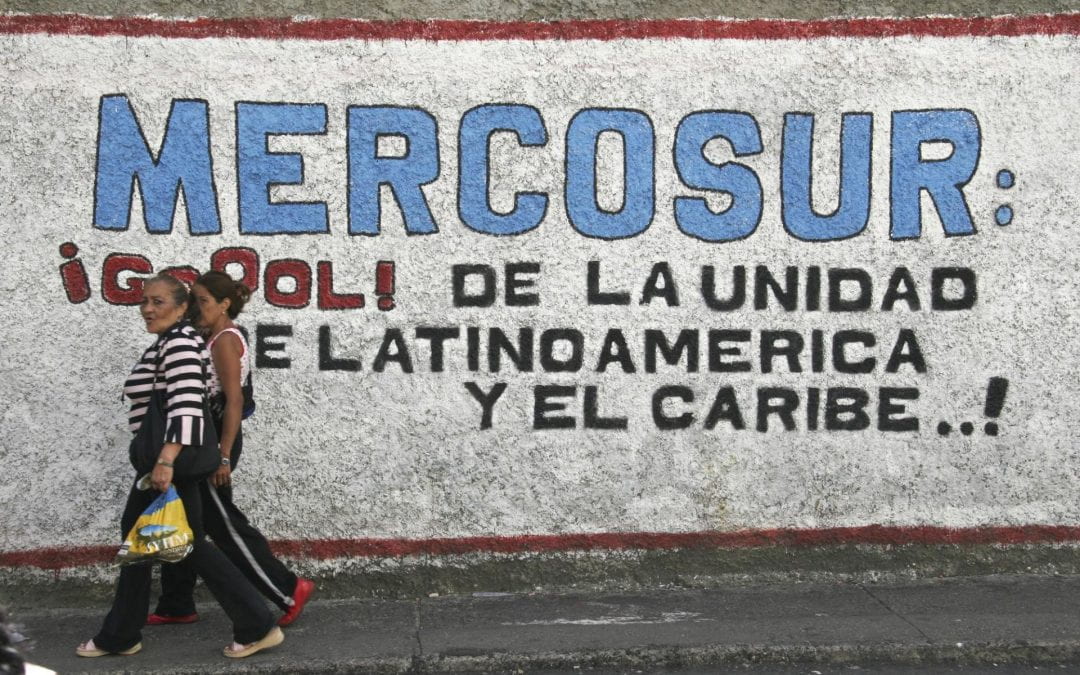
Venezuela: Leading a New Trend in Latin America? An Internationalist Vision
Hugo Chávez was elected president of Venezuela in 1998 as the result of a demand for radical change expressed by Venezuelan voters. His election also appeared to mark a wave of New Left electoral victories as Latin Americans used the ballot box to express their frustration with failed promises of market opening and democratic restoration to improve living standards of Latin Americans in the 1980s and 1990s. Following Chávez’s …
The Other Venezuela: Art and Literature
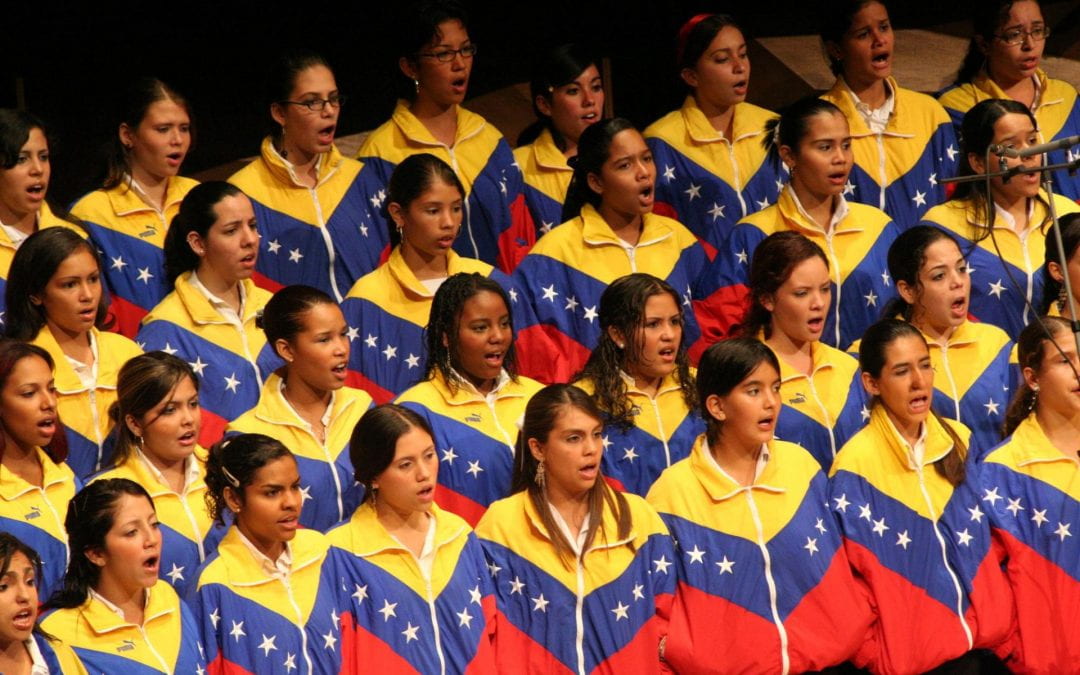
The Power of Music: Venezuelan Seeds in Boston
At the New England Conservatory of Music (NEC), I have had the wonderful opportunity to complete a concentration in Music-in-Education. During my first internship I worked on a research project that involved observations and surveys of children, teachers, and parents from two schools in Venezuela that place music at the core of their curriculum. The results were amazing; the participants reported overwhelmingly that the …
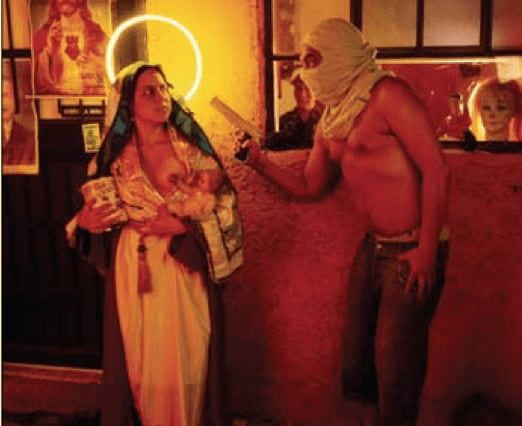
The Revolution of Conscience: Building a New Cultural Hegemony in Venezuela
English + Español
The exact nature and implementation of the Bolivarian revolution’s cultural policy has lately been an obsessive and controversial issue in Venezuela. In the pre-Chávez period, public cultural administration was defined as state support for film, fine arts, traditional arts and folklore. As the major city in a country with few developed urban centers, Caracas was heavily favored by the oil boom and hosted ,,,
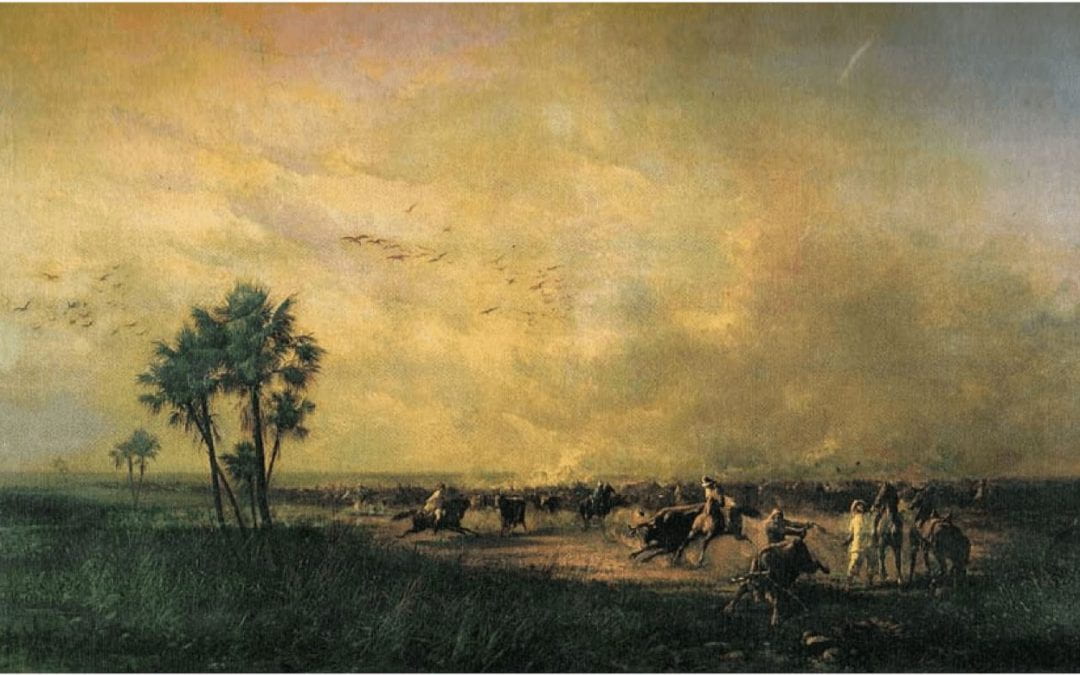
Postales de Leningrado: A Scene from New Venezuelan Film
English + Español
The 2007 Venezuelan film “Postales de Leningrado”—postcards from Leningrad—mingles history and politics to pose a question about identity—the identity of the children of those men and women who opted to join the guerrilla struggle in Venezuela in the mid-20th century, just when the nation was trying to reestablish democracy after the Marcos Pérez Jiménez dictatorship (1952-1958). Venezuelan …
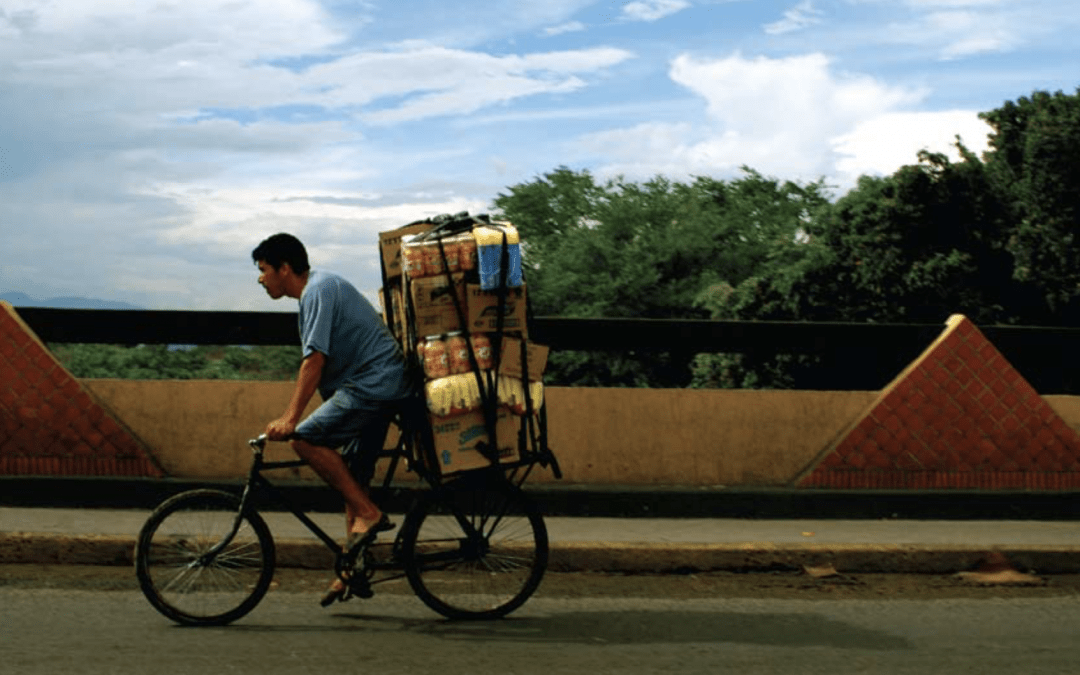
Meditations on Venezuelan Culture Today: Living with Contradictions
As a Venezuelan, I can’t pretend that the nation has experienced idyllic moments at some point in our history. We Venezuelans also can’t deny that, in spite of many dark clouds, an accumulation of exasperation and disillusionment, a rash of tragedies and bitter pain suffered by our civic body—the incessant failure of the Venezuelan civilist impulse in the face of a country that is infrareal—we managed to arrive at a moment of …

Plan Caracas, 1974-1976 (revisited)
Densely populated shantytowns grow organically in the hills around Caracas. But I don’t practice sociological tourism. This text is more about the self-explanations of a Caracas-born son of immigrants. Immigration in this sense can be seen as a slower and more pragmatic form of tourism. My parents’ families arrived to Caracas between the 30s and the 50s, when global populations were reacting to the convulsion generated by …
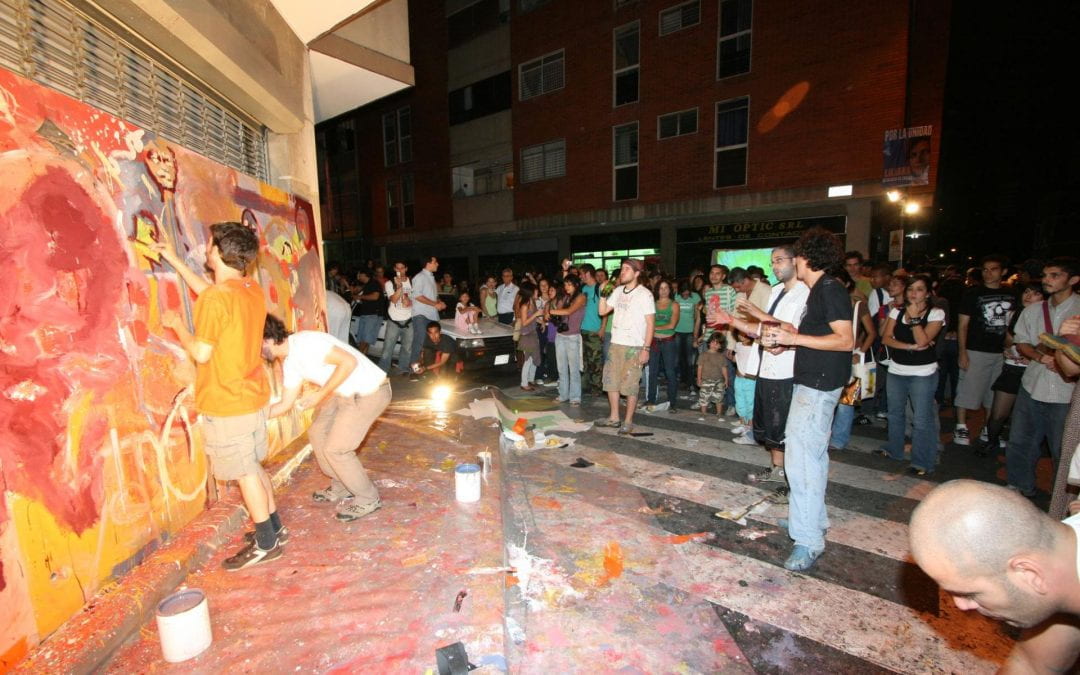
Culture in Caracas: The New Institutions of Bolivarian Venezuela
In 2002, I visited Venezuela with a friend from Mexico City. Among the tourist attractions in Caracas that I took him to see was the Museo de Arte Contemporáneo Sofía Imber (known since 2006 as the Museo de Arte Contemporáneo de Caracas or MACC). I had often sang the praises of this venerable institution, one of the first museums in Latin America to focus on postwar art and which included in its collection works by Picasso …
Harvard and Venezuela
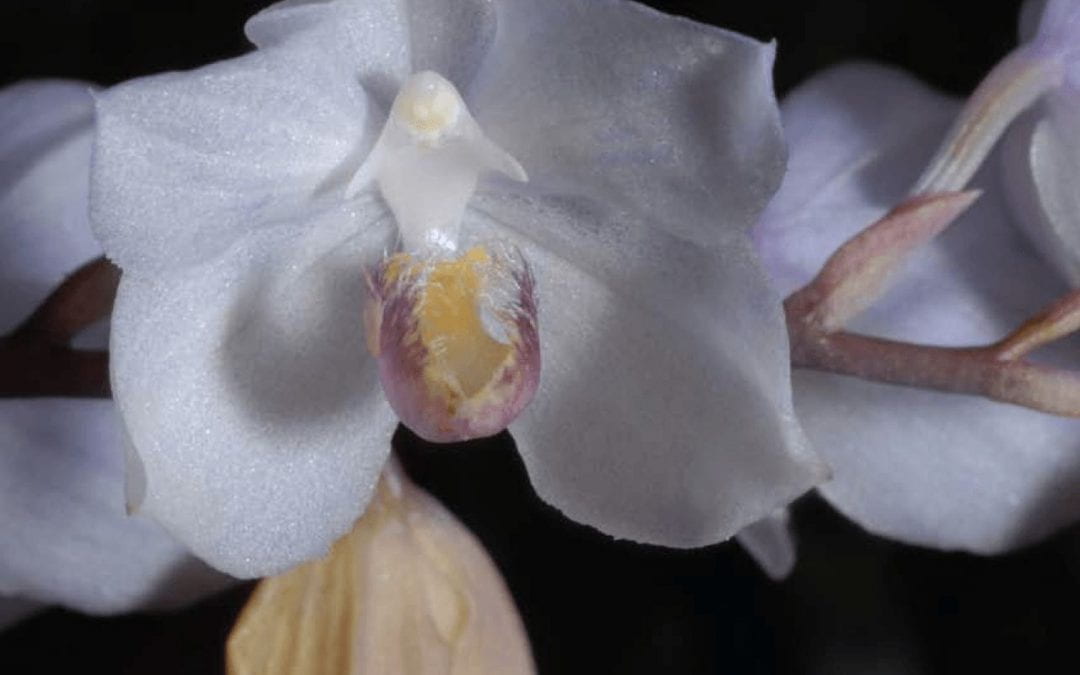
Collecting Orchids In the Venezuelan Orinco-Amazon Interfluvium
Orchidaceae are by far the largest family of all flowering plants, with species occurring all over the planet except in its very coldest and driest habitats. However, as is the case with most other living organisms, orchids are not evenly distributed. Most species grow in the tropics; as we approach the poles, their numbers diminish rapidly. The United States and Canada, for example, have approximately 208 species, Mexico, some 1250 species …
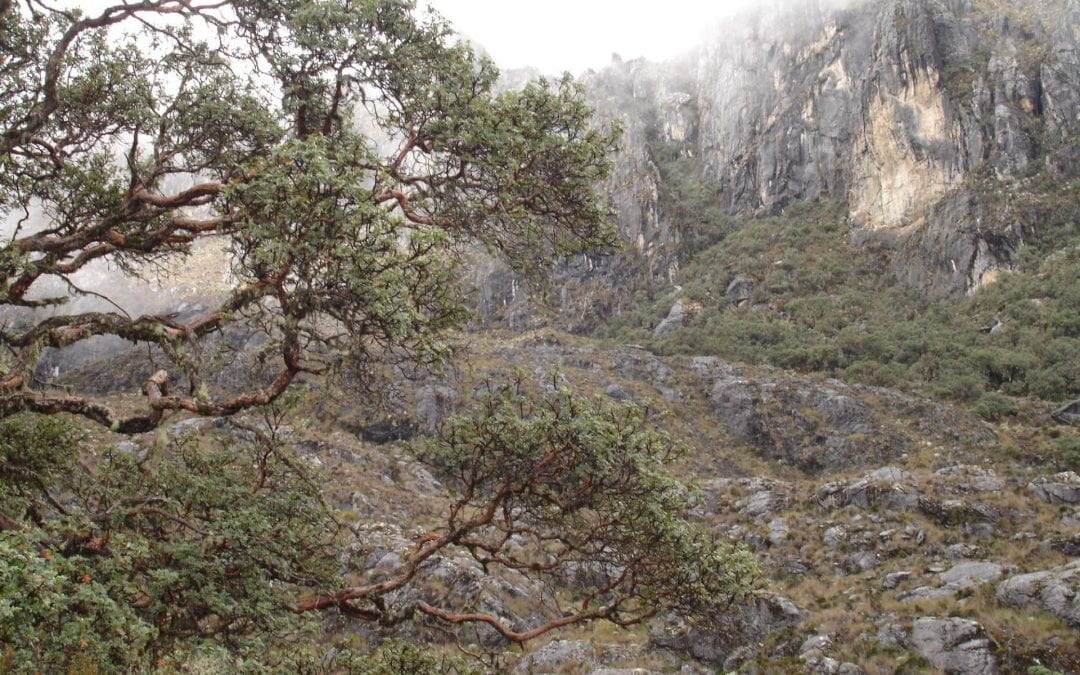
Plants Under Stress in the Tropical High Andes: Learning from Venezuela and Beyond
Tropical mountains are privileged places for ecological studies. Going up and down the slopes, like the ones surrounding my home town of Merida, Venezuela, we may simulate changes in temperature. While moving from one slope to the next or moving along seasonal precipitation gradients, we may study plant responses to water availability. These studies have shed light on identifying possible climate change effects on …
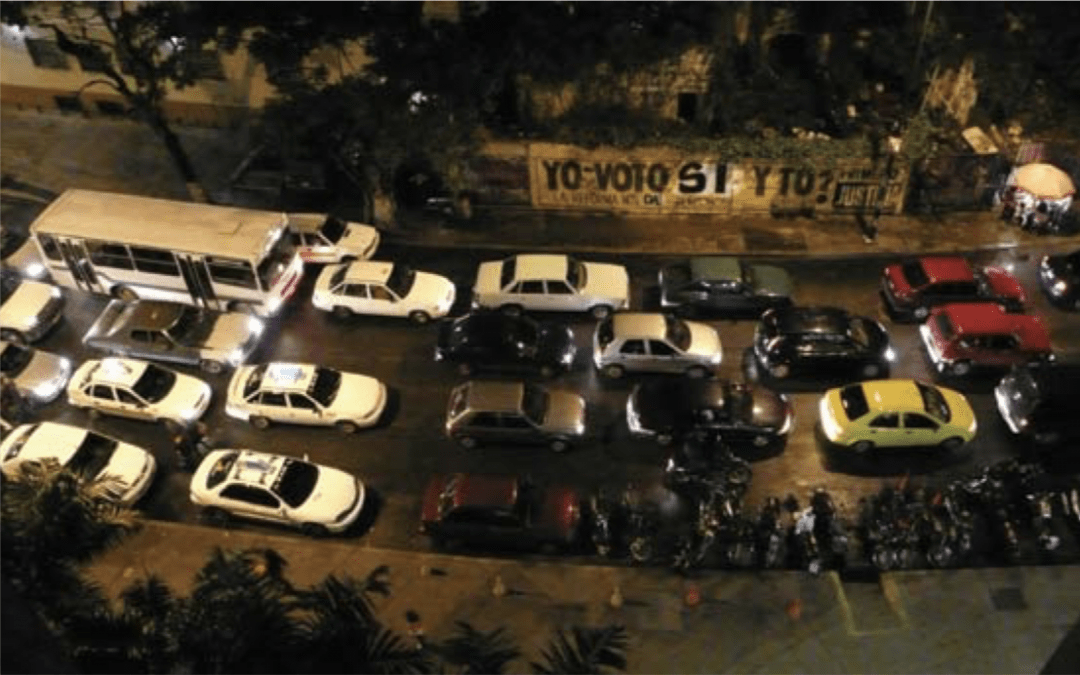
A Design Revolution: Caracas on the Margins
We write with a sense of urgency as we hear the deafening sounds of the city. When we read that the price of oil has rocketed to more than $140 a barrel, here in Caracas we are reminded of the impact of oil on the development of our city, first by despotic petro-populist development and later by hyper real petro-dollar development. Caracas continually faces blind building aggregation and arbitrary political decision-making, but …
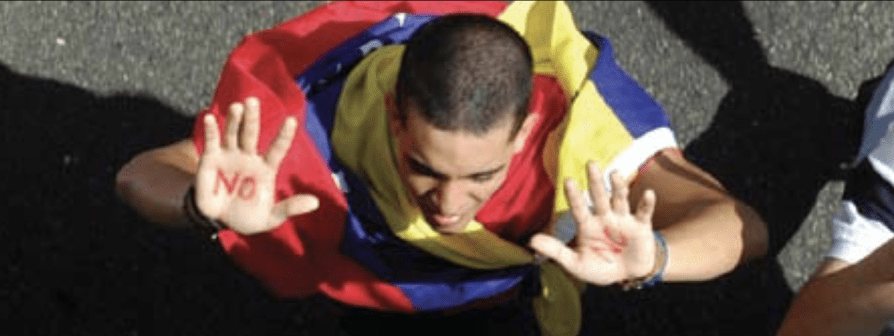
Forum Venezuela: Moving Students, Student Movements
Harvard’s Forum Venezuela, a student-run organization, seeks to promote awareness of Venezuelan issues and culture, while connecting Venezuelan students living inside the United States both to each other and with their countrymen and women back home. The Forum was founded in the mid-1990s by Kennedy School of Government students who wanted to reach out beyond the confines of the school and to the sizeable but …
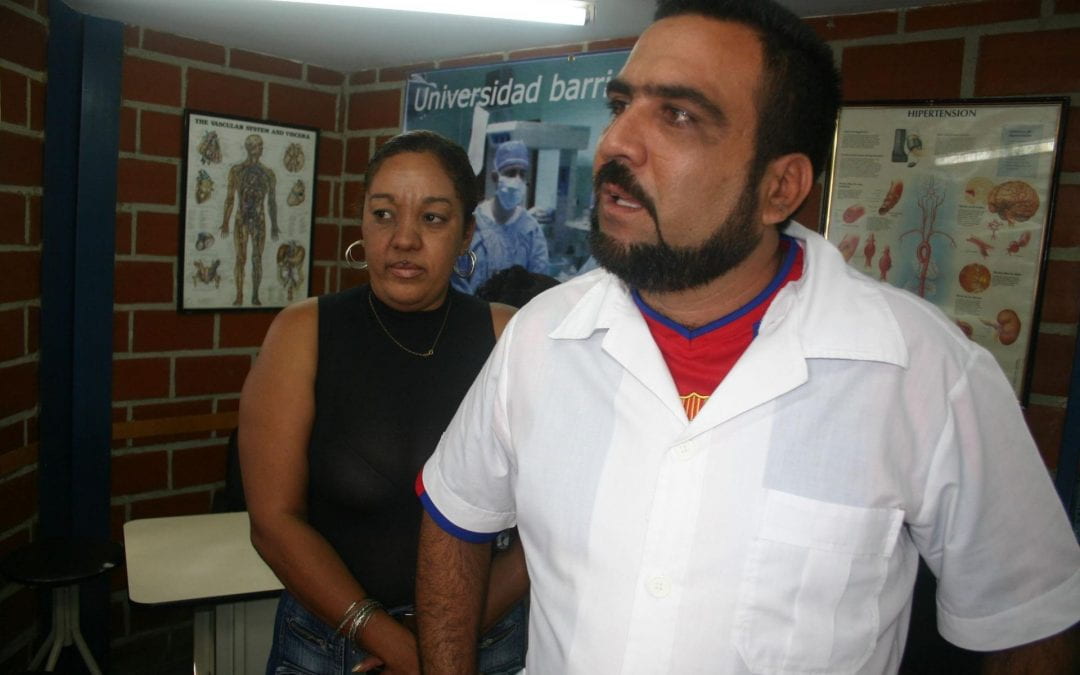
Barrio Adentro: A Look at the Origins of a Social Mission
Barrio Adentro, a social program that has expanded throughout Venezuela providing health care to city slums and rural communities, started in the Caracas municipality of Libertador—which includes slums with extreme poverty and high population density. In 2002, the Local Development Institute (IDEL), an agency responsible for social programs in this municipality, found in a door-to-door survey that the community’s pressing needs …
Making a Difference
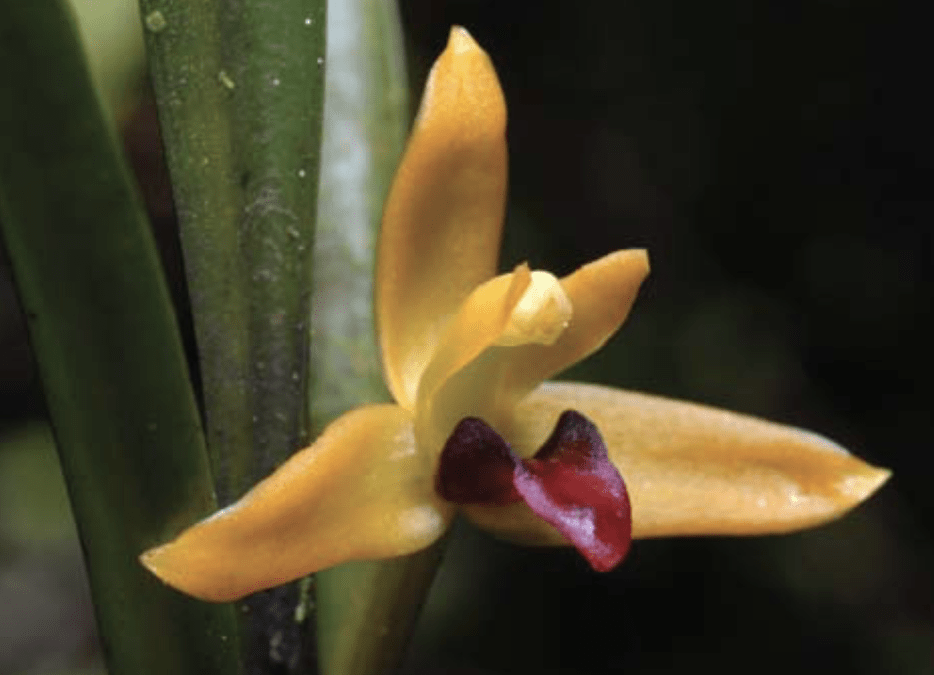
Making a Difference: Taking on Tropical Diseases
Harvard School of Public Health (HSPH) students, along with their Brazilian counterparts, spent January studying and devising ways to control two tropical diseases endemic in Brazil: visceral leishmaniasis (VL) and schistosomiasis. During two intensive weeks in Brazil, students explored the epidemiological, biological, and clinical characteristics of selected infectious diseases, as well as the social, cultural, economic, and …
Book Talk
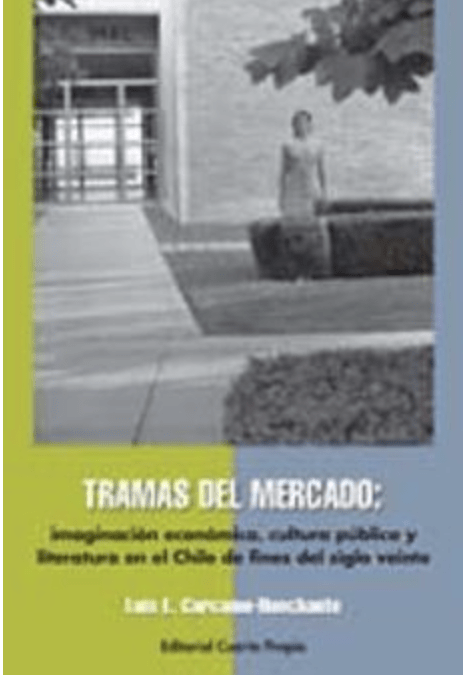
A Review of Tramas del mercado: imaginación económica, cultura pública y literatura en el Chile de fines del siglo veinte
Luis Cárcamo-Huechante’s new book provides us with a convincing counter-narrative, at once nuanced and succinct, to three mainstream narratives of the neoliberal free market in Chile: those of monetarist economics, promotional politics, and literary bestsellers. It covers the Pinochet dictatorship (1973-90) and the transition to democracy from its official inauguration in 1988, with the victory of the Yes vote for a return in two years’…
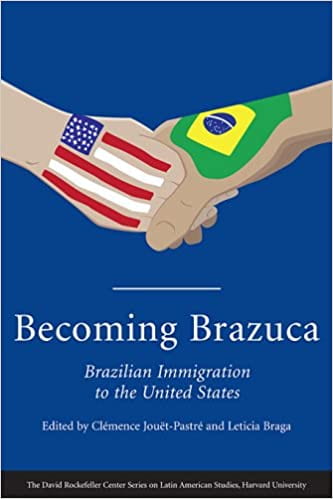
A Review of Becoming Brazuca: Brazilian Immigration to the United States
Trying to define the community of Brazilian descendants who studied at Harvard University between 2001 and 2005, when I attended the college, was a maddening exercise. Some Crimson Brazucas—or Brazilian immigrants in the United States—affiliated with the broader community of Latino immigrants and participated in Concílio Latino or the annual pan-Latin cultural show, Presencia Latina (which I co-founded in 2002) …
